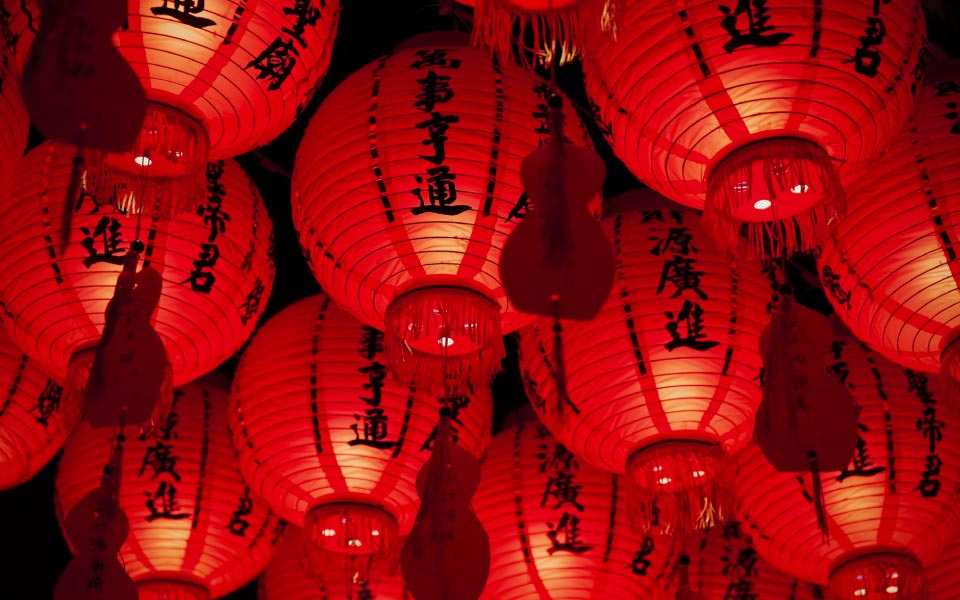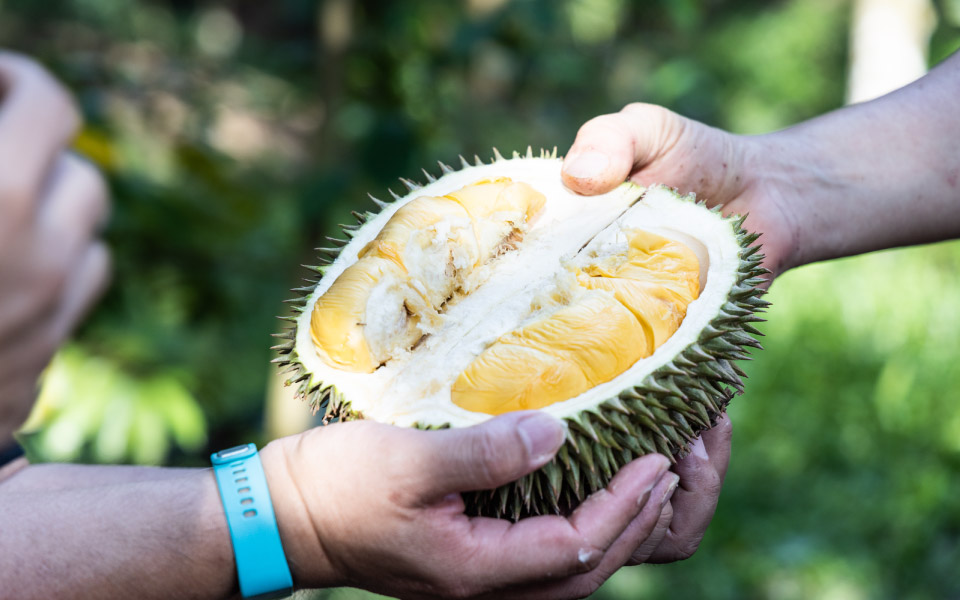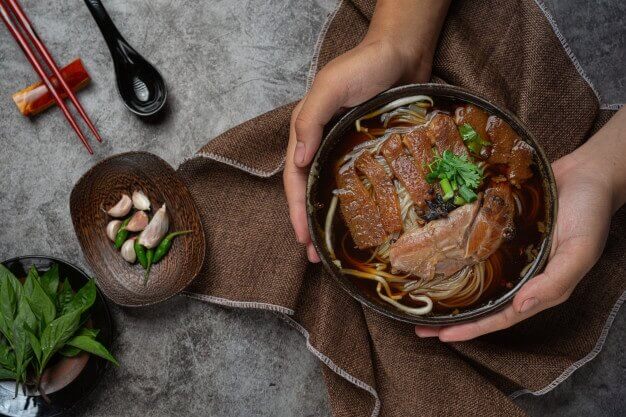Ramadan is the Muslim holy month, and an estimated 1.8 billion Muslims around the world will observe it especially in Malaysia where majority of the citizens practices the religion.
But what is Ramadan, actually? What does the Muslim do during the month and what does it signify? Here are the most basic answers to some questions about Ramadan.
What is Ramadan?
Muslims believe it was during this month that the first verses of the Quran, Islam’s sacred text were revealed to Prophet Muhammad, on a night known as “The Night of Power” (or Laylat al-Qadr in Arabic).
During the entire month of Ramadan, Muslims fast every day from dawn to sunset. It is meant to be a time of spiritual discipline; of deep contemplation of one’s relationship with God, extra prayer, increased charity and generosity, and intense study of the Quran.
How does the fasting work?
Fasting during Ramadan is one of the five pillars or duties for all Muslims every year. During the fasting period, Mulims must abstain from all type of foods and drinks, even cigarattes. They must also avoid sinful speeches and behaviour.
The practice serves several spiritual and social purposes which are to remind you of your human frailty and your dependence on God for sustenance, to show you what it feels like to be hungry and thirsty so you feel compassion for the poor and needy, and to reduce the distractions in life so you can more clearly focus on your relationship with God.
During the month, the fasting begins daily from sunrise (Sahur) until sunset (Iftar). You are allowed to be exempted from fasting if you’re ill, pregnant, breastfeeding, menstruating or traveling. However, to make up for days you didn’t fast, you are allowed to fast later in the year.
A ordinary day in the month of Ramadan
During Ramadan, Muslims wake up well before dawn to perform their morning prayers as well as to eat the first meal of the day. Due to the meal that has to last throughout the day, usually there will be eating of high-protein foods and drinking enough water as possible.
Although fasting, they are required to perform their regular routine at work and school during the day.
Before breaking fast, meals will be prepared for iftar or in Malaysia, many Muslims will go for shopping at Ramadan bazaars to buy foods as well as the necessities for Hari Raya celebration.
After a whole day of fasting, Muslims will wait until the evening call to prayer is made before they break the day’s fast with a light meal before performing the prayers. Some will go to the mosque for the prayers as they will usually be a Terawih prayers that is only recited during the Ramadan month.
When the prayers end, it is followed with a larger meal, which is often shared with family and friends.

Why do the dates of Ramadan is different every year?
That is because the Muslims follow the lunar calendar, religiously, which is based on the phases of the moon.
In the Islamic lunar calendar, the days added up in a year is approximately 354 days, which means it is roughly 11 days shorter than the regular Gregorian calendar.
So that means that the first day of the month of Ramadan, which is the ninth month of the Islamic lunar calendar, begins earlier by about 11 days every year.
Ramadan is also a month of giving
During this time especially, Muslims will engage in charitable acts such as donating food and money to those in need. It is an almsgiving known as zakat, which is one of the five pillars of Islam along with fasting.
Why are dates eaten during iftar?
In adherence to how the Prophet Muhammad broke his fast, three dates followed by a glass of water are consumed before Maghrib (evening prayer) and the main meal.

How do we greet Muslims during the Ramadan?
The month of Ramadan is a holy month of fasting, not a holiday, and therefore it is customary to greet people by saying “رَمَضان كَريم” (“Ramadan Kareem”) or “رَمَضان مُبارَك” (“Ramadan Mubarak,” Have a blessed Ramadan).
Eid al-Fitr marks the end of Ramadan
Eid al-Fitr, which means ‘feast of breaking the fast’, is a celebration that marks the end of Ramadan. This begins when the new moon is sighted, and Muslims rely on news of an official sighting of the new moon rather than looking at the sky themselves. This also means that Eid dates differ around the world, although they are a day or two away from each other.
Muslims celebrate with families and friends, and large meals are prepared.
In Malaysia, the Eid al-Fitr is commonly known as Hari Raya Aidilfitri. Families will often take leave from work to return to their hometown (balik kampung) to celebrate this big occasion.
The night before Hari Raya is filled with the sounds of takbir in the mosques or musallahs. Pelita or panjut or lampu colok (oil lamps, similar to tiki torches) are lit up and placed outside and around homes, while tiki torches themselves are also a popular decoration for that holiday. Dishes like ketupat, rendang, lemang and Malay delicacies are served during this day. It is common to greet people with “Salam Aidilfitri” or “Selamat Hari Raya” which means “Happy Eid”. Muslims also greet one another with “maaf zahir dan batin”, which means “Forgive my physical and emotional (wrongdoings).
Children are given token sums of money, also known as “duit raya”, from their parents or elders.







